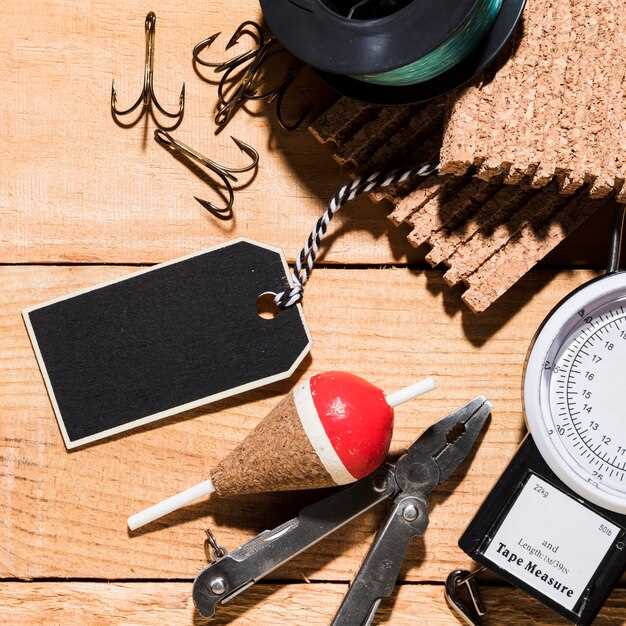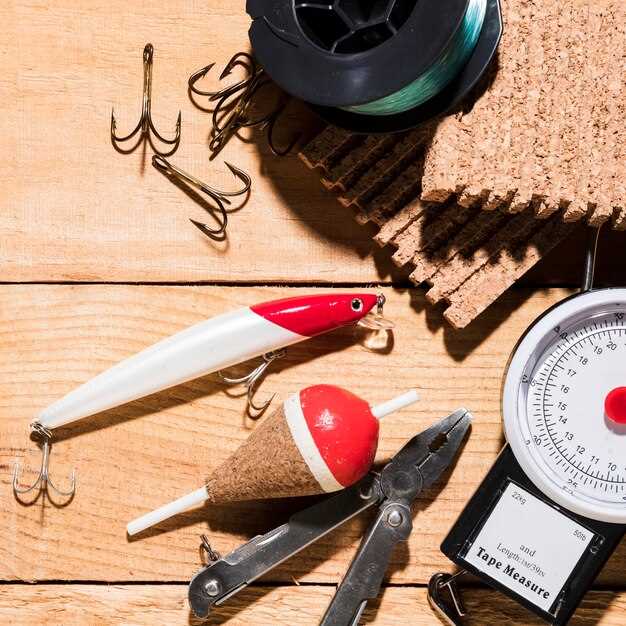
For every boater, being prepared is essential to ensuring smooth sailing and enjoying the open waters. A well-maintained boat is not only a source of joy, but also a means of adventure. However, despite the best maintenance efforts, unforeseen situations can arise, making it crucial to have a selection of spare parts readily available. These components can mean the difference between a minor inconvenience and a major setback on your journey.
Understanding which spare parts to keep onboard can save time and frustration. From essential tools to replaceable components, having the right items on hand will enhance your boating experience. Whether you are a seasoned sailor or a novice boater, familiarizing yourself with these must-have parts is vital for ensuring safety and functionality during your outings.
In this article, we will explore a comprehensive list of spare parts that every boater should consider. We will discuss their importance, potential uses, and tips for effective storage on your boat. By the end, you will be equipped with the knowledge to keep your vessel in top shape, ready for any adventure the water may bring.
Critical Engine Components You Should Always Have Onboard
When preparing for a day on the water, ensuring you have essential spare engine components can make the difference between a smooth outing and a stranded vessel. It is crucial to familiarize yourself with critical engine parts that should always be part of your emergency kit.
One of the most important items is a spare fuel filter. Clogged filters can severely disrupt fuel flow, leading to engine failure. Replacing a dirty fuel filter can get your engine running smoothly again, so keep a spare on hand.
Another vital component is a set of spark plugs. These small yet essential parts ignite the fuel in the engine. Due to wear and tear, spark plugs can fail unexpectedly. Having a set of spares ensures you can quickly replace them and prevent engine misfires or stalling.
Additionally, consider keeping a spare impeller in your emergency supplies. The impeller is responsible for circulating water through the engine, preventing overheating. A malfunctioning impeller can cause significant damage, so replacing it at the first sign of wear is crucial.
Belts are often overlooked, but a broken drive belt can halt your engine’s operation. Carrying a spare belt allows for quick replacements, ensuring your engine remains operational throughout your journey.
Lastly, it’s wise to have spare fuses and connectors. Electrical failures can lead to engine issues, and having these parts onboard can help address problems without delay.
In summary, carrying spare engine components such as fuel filters, spark plugs, impellers, belts, and electrical parts is essential for all boaters. These items can help you respond quickly to emergencies, keeping you safe and ensuring a successful day on the water.
Essential Safety Gear and Emergency Spare Parts

When heading out on the water, having the right safety gear and emergency parts is crucial for ensuring a safe and enjoyable boating experience. Every boater should prioritize these essentials to be prepared for unforeseen circumstances.
First and foremost, a reliable life jacket is a must-have. It should fit all passengers comfortably and be easily accessible. Additionally, a throwable flotation device, like a buoy or cushion, can provide extra safety if someone falls overboard.
A well-stocked first aid kit is another critical piece of safety gear. It should contain bandages, antiseptics, and other medical supplies to address minor injuries. Combine this with a fire extinguisher that meets marine safety standards to tackle potential fire hazards on board.
For emergency signaling, a waterproof marine VHF radio is essential. This device allows communication with other vessels and shore stations in case of distress. A whistle and flares should also be included for visual signaling to alert rescuers.
In terms of emergency spare parts, a spare propeller can save you from being stranded if yours becomes damaged. Additionally, having a spare anchor and line will be invaluable for unexpected anchoring situations. A backup engine or essential engine parts, such as fuel filters and spark plugs, can keep you running smoothly and prevent mechanical failures.
Don’t overlook tools; having a basic toolkit on board allows you to perform minor repairs. Lastly, ensure you carry extra batteries for lighting and other essential electronic devices to maintain visibility and communication in emergencies.
Maintenance Supplies to Prevent Common Failures

Proper maintenance is essential for ensuring your boat runs smoothly and avoids common failures. Stocking the right maintenance supplies can save you from potential emergencies. Here are some must-have items to include in your boating toolkit:
- Spare Fuel Filters: Clogged fuel filters can lead to engine failure. Keeping spare filters on hand allows for quick replacements during your boating trips.
- Propeller Wrenches: A tool to easily remove or adjust the propeller can prevent significant issues if you encounter debris in the water.
- Transmission Fluid: Regularly checking and replacing transmission fluid helps maintain optimal performance and prevent slipping issues.
- Spark Plugs: Worn spark plugs can cause engine misfires. Having a set of spare spark plugs helps ensure smooth engine operation.
- Battery Charger: A reliable battery charger is crucial for maintaining battery health and avoiding emergencies due to dead batteries.
Additionally, consider these essentials:
- Tools for Regular Inspections: Invest in a quality toolkit with wrenches, screwdrivers, and pliers for easy access to critical parts.
- Cleaning Supplies: Regular cleaning of your boat’s engine and exterior can prevent corrosion and other issues that lead to failures.
- Lubricants and Greases: Keeping mechanical components lubricated reduces wear and tear, extending the lifespan of parts.
- Emergency Flares: While not a direct maintenance supply, having flares on board can alert others to your situation should an unforeseen failure occur.
By maintaining a well-stocked selection of these supplies, you can minimize the risk of common failures and ensure smooth sailing on your boating adventures.



